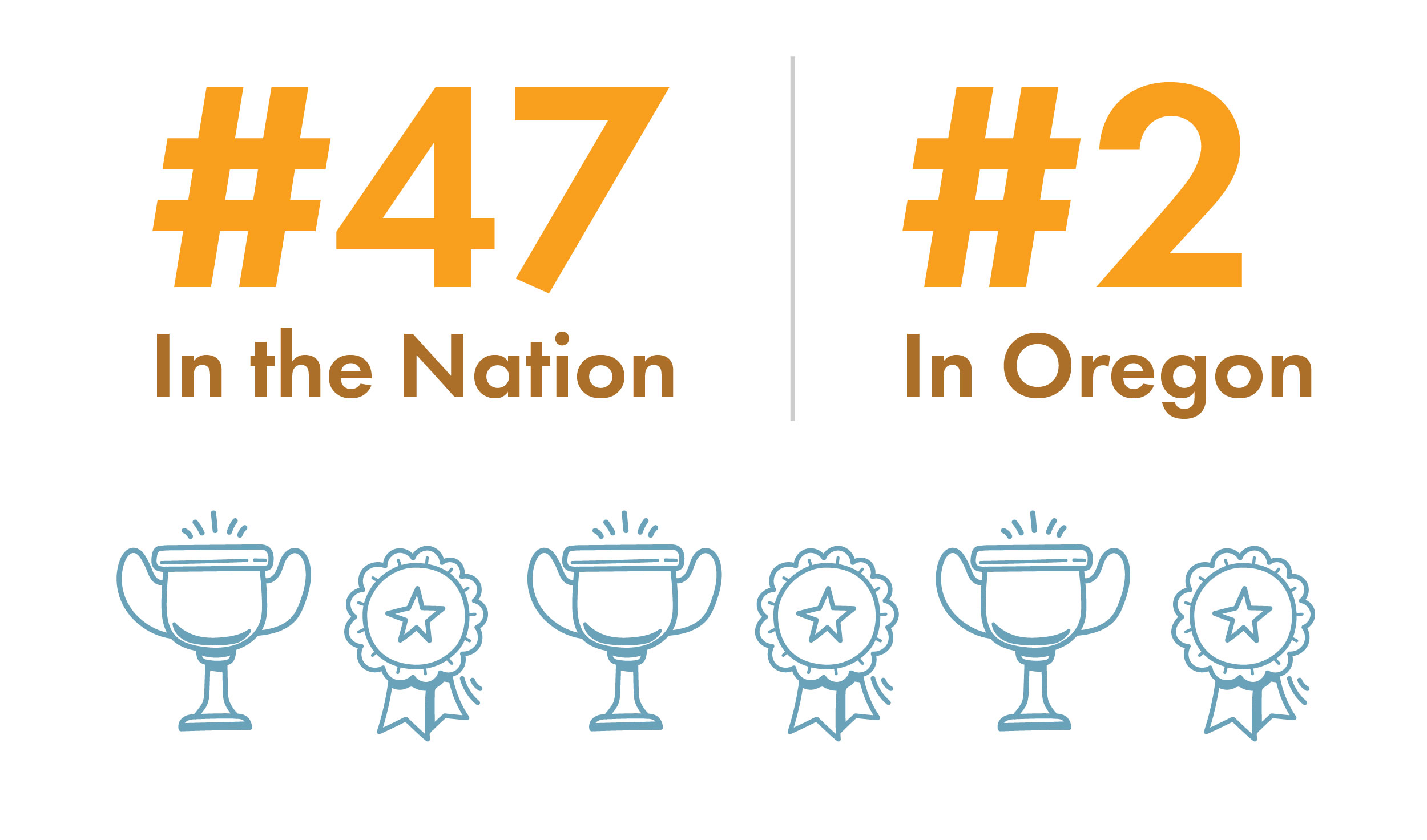CCCU has seen a large uptick in consumer scams. Scammers are using a variety of tactics to deceive individuals, including fraudulent pop-up alerts, impersonating government officials, and posing as your financial institution’s fraud department. Here are some key tips to help protect yourself.
Recognizing and Avoiding Common Scams
Pop-Up Alerts
Scam: Fake ‘Microsoft alert’ pop-ups claim your computer is infected with a virus and direct you to call a phone number.
Prevention: Microsoft, and other legitimate businesses, will never proactively reach out to you to provide unsolicited PC or technical support. If you receive a phone call claiming to be from Microsoft or see a pop-up window on your PC with a fake warning message and a phone number to call and get your “issue” fixed, do not click on any links or provide personal information when prompted. It’s also important to note that real error messages will never include a phone number to call.
Impersonation Calls
Scam: Fraudsters may claim to be from the IRS, demanding immediate payment or claiming you owe back taxes.
Prevention: The IRS communicates primarily through mail and will never demand immediate payment over the phone, in an email, via text messages, or on social media platforms.
"Fraud Department" Scams
Scam: Calls or messages from individuals posing as the fraud department from your financial institution requesting personal details or money transfers.
Prevention: Verify the identity of the caller independently before disclosing any information. Look for the phone number on the company's website and call back at that number to confirm the legitimacy of the call.
If you receive a call from a “CCCU Fraud Department Representative” please hang up and contact us directly at 503.232.8070. Remember, CCCU will never ask for personal account details via call, text or email.

Key Protective Measures
Government agencies and legitimate businesses will never ask you to:
- Withdraw cash or gold to give to someone.
- Make payments via gift cards, wire transfers, payment apps, or cryptocurrency.
- Keep your communication a secret or lie to anyone.
- Transfer money from your accounts to "protect" it.
Guard Your Pesonal Information
- Avoid sharing personal details through calls, texts, or emails from unknown sources.
- Verify the identity of the caller independently before disclosing any information.
Beware of Urgent Requests
Scammers often create a sense of urgency to cloud your judgment. Take your time to verify the legitimacy of the request.
Be Cautious with Links and Attachments
Do not click on links or download attachments from unsolicited emails or messages, as they may contain malware.
By staying vigilant and following these guidelines, you can significantly reduce the risk of falling victim to consumer scams. Remember, legitimate organizations will never pressure you to act immediately or in secrecy. Stay alert and protect your personal information.
CCCU is here to keep you and your money safe and secure. If you feel you have fallen victim to a scam or you're unsure about a phone call, text message or alert you've received, please contact us immediately.



